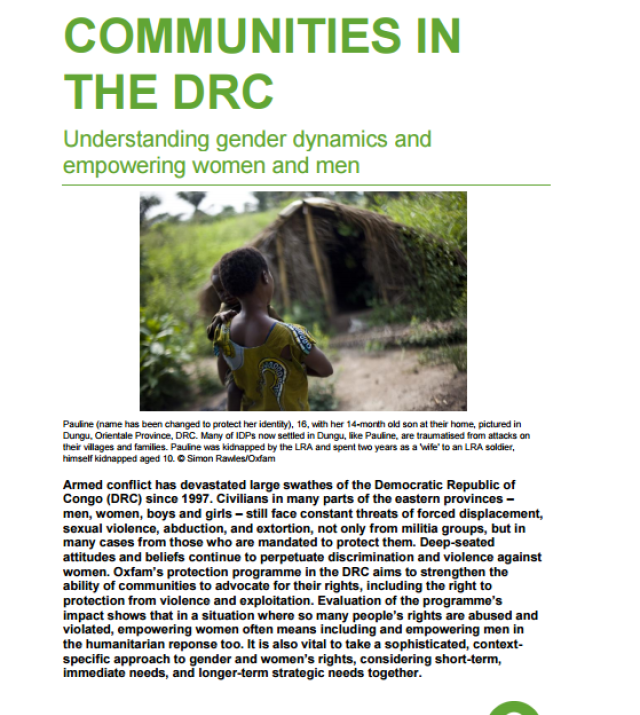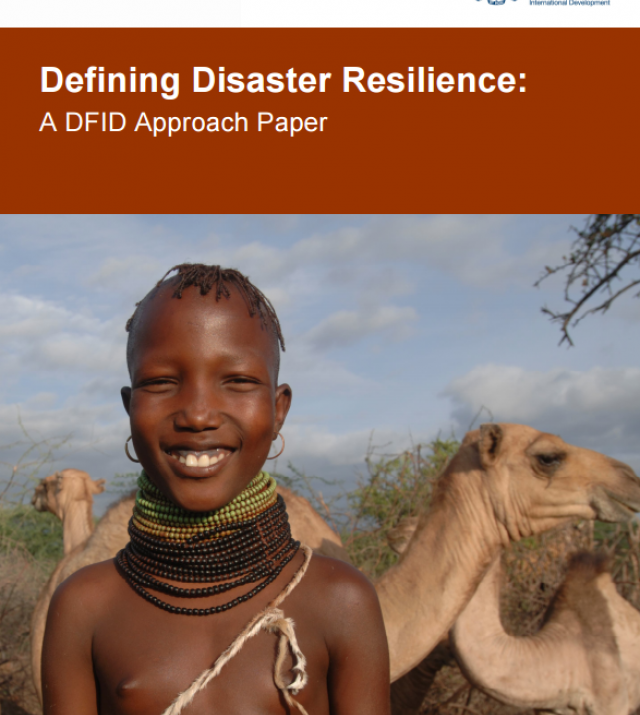The Influence of Subjective and Psycho-social Factors on People's Resilience: Conceptual Framework and Empirical Evidence

Learn more about this resource:
The Influence of Subjective and Psycho-social Factors on People's Resilience is the fifth report in Feed the Future's Technical Report Series No. 2: Strengthening the Evidence Base for Resilience in the Horn of Africa. This publication is prepared by experts for the Technical Consortium for Building Resilience in the Horn of Africa.
The objective of this paper is to further investigate these questions, conceptually and empirically. Although resilience researchers and development practitioners are beginning to acknowledge the influence of these psychosocial and cognitive factors and the importance of concepts such as “subjective resilience”, the conceptual framework underlying these ideas is still lacking. In this context, the authors propose, first, to review the available evidence, keeping in mind that this evidence relates mainly to adaptive capacity and willingness to engage in innovation, for which a lot of research has been done in the last 10 years, and not to resilience per se, for which there is still an important lack of focused analyses. They then develop a conceptual model which deconstructs and identifies some of the elements and mechanisms at work in relation to subjective resilience. Finally, the authors examine several case studies to explore a series of hypotheses testing the relevance of psychosocial factors and individual perceptions in explaining
individual, household and community responses and capacity to handle shocks.
Other Reports in the Series:
Report 6: Shocks, Resilience Capacities and Response Trajectories Over Time

